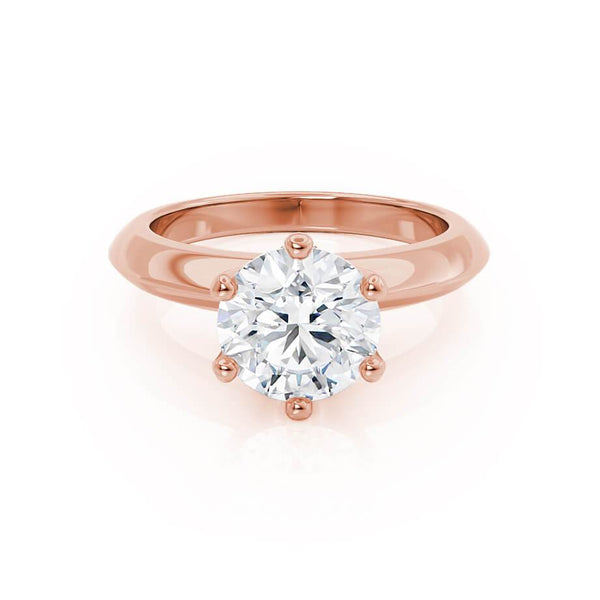With the growing amount of time spent on digital devices daily, from work laptops to smartphones, there is a rising concern about the effects of screen exposure on our eyes and overall well-being. One popular solution that has caught the attention of many Singaporeans is blue light filter glasses. These lenses are marketed to reduce digital eye strain, improve sleep, and protect your vision. But are they necessary, or just another health trend?
Understanding Blue Light and Its Sources
Blue light is a part of the visible light spectrum and is naturally emitted by the sun. However, artificial sources such as LED lighting, flat-screen televisions, and digital devices also emit significant amounts of blue light. The concern with prolonged exposure to this high-energy visible (HEV) light stems from its ability to penetrate deep into the eye, potentially contributing to eye strain and affecting circadian rhythms.
In Singapore’s modern work culture, especially with the high rate of remote working and screen-heavy professions, it’s no surprise that more people are considering blue light glasses in Singapore as a preventive tool. But before investing in a pair, it’s important to understand the actual impact of screen exposure and what scientific research has to say about it.
What the Science Says About Blue Light and Eye Health
While it is true that digital eye strain is a common issue, it is often caused more by poor screen habits rather than the blue light itself. Extended screen use can lead to dry eyes, headaches, and blurred vision due to reduced blinking and poor posture. Although some studies suggest blue light could suppress melatonin production and disrupt sleep patterns when used at night, the evidence remains mixed regarding long-term damage to the eyes.
This has led to a growing market for blue light filter glasses, which claim to block or absorb blue wavelengths emitted from screens. They are often marketed for reducing fatigue and improving sleep quality. While some users in Singapore report experiencing benefits such as fewer headaches or better rest, eye health professionals caution that these effects can also be achieved through screen management techniques like the 20-20-20 rule and adjusting screen brightness.
When Are Blue Light Filter Glasses Useful?
There are specific situations where blue light filter glasses may indeed be helpful. For individuals with heavy screen exposure during nighttime hours, such as shift workers or students studying late into the night, these glasses can minimise disruption to sleep cycles by reducing blue light interference. Additionally, for those who suffer from photophobia (light sensitivity), the reduction in glare from digital screens may provide some comfort.
In the context of Singapore’s education system, where students often turn to tablets and laptops for e-learning, and for professionals attending back-to-back Zoom meetings, these glasses can serve as a supplementary tool to reduce overall eye strain. However, they should not replace regular eye care practices such as taking screen breaks, ensuring proper lighting, and undergoing eye exams.
Are There Alternatives to Blue Light Glasses?
For those who are not ready to invest in blue light filter glasses, there are alternative solutions that can offer similar protection. Many smartphones, tablets, and computers now come with built-in blue light reduction modes or “night shift” settings. These adjust screen colour temperature to reduce blue light emission during specific hours, particularly in the evening.
Additionally, screen filters and desktop applications are available to help reduce glare and brightness. Ergonomic changes, such as improving your screen setup, maintaining an appropriate viewing distance, and using anti-glare screens, can also lessen digital eye strain. For people working from home or in office environments across Singapore, these minor adjustments can make a significant difference.
Still, the convenience and portability of blue light glasses remain appealing to many. Whether for professional or personal use, having a dedicated pair may provide a psychological boost, encouraging users to be more mindful of their screen habits.
How to Choose the Right Pair in Singapore
If you decide that blue light glasses are worth trying, it is essential to choose a quality pair. In Singapore, many optical stores and online retailers offer blue light filter glasses in a range of designs and price points. Some even come with prescription lenses, combining vision correction with light protection.
When shopping, ensure the lenses are tested and certified to block blue light, preferably in the 400–500 nanometre range. Consider comfort, fit, and whether the coating causes any colour distortion. Not all glasses are made equally, and some cheaper options may only offer minimal filtering.
Mid-range to premium brands often provide better visual clarity and additional features such as anti-reflective or scratch-resistant coatings. If you are purchasing online, look out for local reviews or try-on options to ensure you get the best value and comfort.
In recent years, the popularity of blue light glasses in Singapore has surged, reflecting the city’s tech-forward lifestyle and health-conscious population. With increasing awareness about digital well-being, more people are exploring ways to protect their eyes proactively.
Should You Make the Switch?
Ultimately, whether you need blue light filter glasses depends on your personal habits, eye sensitivity, and working environment. While they may offer some relief from screen-induced fatigue, they are not a medical necessity for everyone. The more sustainable approach is to cultivate good screen hygiene and incorporate regular eye breaks into your routine.
That said, if you are often in front of a computer or mobile device for extended periods and struggle with tired eyes, investing in a good pair of blue light filter glasses might be worth the trial. As long as expectations are realistic, they can be a supportive tool in your digital wellness toolkit.
Conclusion
In an increasingly digital world, taking steps to protect our vision is a wise move. While blue light filter glasses are not a one-size-fits-all solution, they can be helpful for individuals who spend long hours on screens, especially in the evenings. Before deciding, consider your lifestyle, digital exposure, and whether other adjustments could offer similar benefits.
For professional advice or to explore your options, contact OWNDAYS to find the best fit for your visual health needs.




